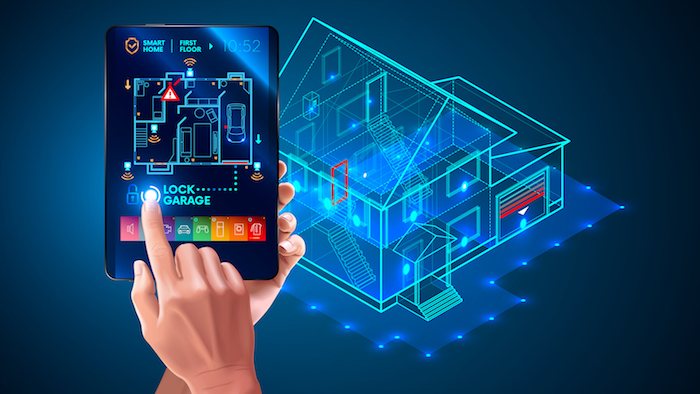Shop At Haya: Your Ultimate Shopping Guide
Discover the best shopping tips, trends, and deals for a smarter buying experience.
Is Your Fridge Just a Fancy Door? A Dive Into Smart Appliances
Uncover if your fridge is a high-tech marvel or just a fancy door! Discover the truth about smart appliances in our eye-opening dive.
The Evolution of Refrigerators: From Iceboxes to Smart Appliances
The journey of refrigeration technology began in the early 19th century with the introduction of iceboxes. These primitive cooling systems relied on blocks of ice to preserve food and keep it fresh. Homeowners would purchase large chunks of ice from icehouses, which were insulative wooden boxes designed to keep the ice from melting too quickly. As the demand for better food preservation methods grew, advancements in technology led to the development of mechanical refrigeration systems in the late 1800s. This marked a significant shift in how we stored food, making it easier and more efficient than ever before.
Fast forward to the 21st century, and the advent of smart refrigerators has transformed the culinary experience. Equipped with Wi-Fi connectivity, touch screens, and advanced sensors, these modern appliances allow users to track food inventory, create shopping lists, and even control temperature settings remotely through smartphone apps. With features like voice activation and built-in cameras, smart refrigerators enhance convenience and efficiency while ensuring that food remains fresher for longer. As technology continues to evolve, these innovations reflect a growing trend towards energy efficiency and sustainability in our kitchens.

Are Smart Fridges Worth the Investment? Pros and Cons Explored
Smart fridges have gained popularity for their innovative features that can enhance the cooking and shopping experience. One significant pros of investing in a smart fridge is the convenience of remote access. Many models allow you to monitor and control settings through a smartphone app, making it easy to adjust temperatures or check the contents of your fridge while grocery shopping. Additionally, some smart fridges come equipped with internal cameras, which can help you avoid overbuying or wasting food by letting you see the items inside without opening the door. These advancements can lead to smarter eating habits, ultimately promoting better health and reducing food waste.
However, there are undeniable cons to consider before investing in a smart fridge. Firstly, the upfront costs can be significantly higher than traditional models, potentially leading to budget constraints for some consumers. Furthermore, technology can sometimes be unreliable; software glitches may affect usability, and maintenance can be more complex and expensive compared to standard refrigerators. Lastly, as with any connected device, there are concerns about data privacy and security, which may deter some potential buyers. Balancing these pros and cons is essential before making a decision on whether a smart fridge is worth the investment for your household.
How Smart Appliances Improve Your Kitchen Efficiency
In today's fast-paced world, smart appliances have revolutionized the way we manage our kitchens, significantly enhancing efficiency. These devices utilize advanced technology to streamline daily tasks, allowing you to focus on more vital aspects of your life. For instance, a smart refrigerator can help you monitor the freshness of your groceries, provide recipe suggestions based on available ingredients, and send alerts when it's time to restock essential items. This level of connectivity not only saves time but also reduces food waste, making your kitchen more organized and functional.
Moreover, integrating smart appliances into your kitchen means you can control them remotely via smartphone apps. Imagine preheating your oven on your way home or starting a dishwasher cycle while relaxing in your living room. Here are some benefits of using smart appliances:
- Automated cooking processes for precise meal preparation.
- Real-time notifications and alerts for maintenance and usage.
- Energy-efficient settings that save on utility bills.